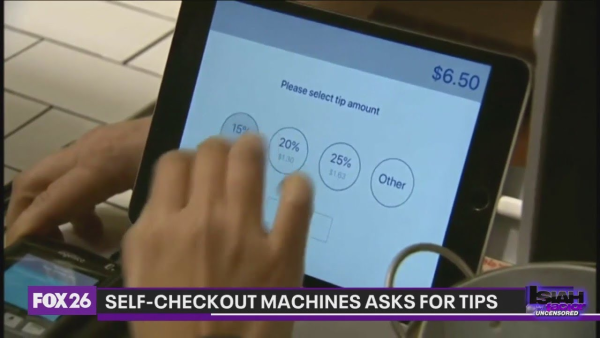Students stress over stress
Never have I ever gone through a complete day of school without a few of my friends anxiously telling me about how they forgot to do the homework for a class, or how they have a B in lieu of the A they so desperately yearned for. Evidently, we have evolved from the carefree kids we once were into the stressed, sleep-deprived, worried teenagers we are now.
According to a 2010 USA Today article, five times as many high school and college students are experiencing anxiety and other mental health problems compared to the youth of the Great Depression era. Keep in mind that these kids pretty much lost everything to the Depression and had no clear vision of their futures, while we have our cars and our iPhones. Where exactly does our anxiety come from?
Much like the youth of the Great Depression era, today’s high school students don’t have a clear vision of the future. We are constantly under pressure to take challenging courses and meet high school graduation requirements. At the same time, we are encouraged to be great student athletes with extremely high GPAs and stellar extracurriculars while still being involved in the community.
We are continually reminded about how times have changed, and how graduating with a bachelor’s degree no longer guarantees a job. We are haunted by the looming ghost of job security, and subconsciously smothered by the fear of an unstable economy.
Much like the youth of the Great Depression era, today’s high school students don’t have a clear vision of the future.
— Luis Sy
In a society in which success is measured not upon what you know, but who you know, and importance no longer placed on whether you go to college, but where you go, students find themselves faced with the dilemma of maintaining good grades, a social life and their sanity.
The overwhelming demands of educational institutions that students frequently mistake as requirements are often the root of their anxiety. As a result, students toil their way through high school, burdened with the self-imposed workload they undertook with the hopes of getting into that amazing university of their dreams.
While this is completely justifiable for those students who are inherently gifted with the energy and resources to take on multiple AP and honors classes, it takes a toll on those who are not. Students who would otherwise get A’s in regular classes but are getting B’s and C’s in their advanced classes often find themselves with higher levels of anxiety and stress and lower GPAs.
Don’t get me wrong. I completely advocate students challenging themselves and working hard to achieve their goals, and oppose students deliberately signing up for the easiest classes they can get and cruising through high school. However, I believe that the excessive stress and anxiety some students put themselves through is rather unhealthy.
High school is difficult, and students should know themselves and how much they are capable of before signing up for classes and extracurricular activities. They should know their limits as well as their options, and choose activities according to what interests them, instead of what they hope will get them into a good college.
Students should keep in mind that while anxiety is an option, stress is a choice. When you feel overwhelmed, breathe. If you didn’t get an A on that test, get off Twitter and study a little. If you feel you have too much homework, stop procrastinating and start working on it.
And for all of you who are complaining about how you don’t get those seven A’s in a row on your progress report, or how much homework you have, or how many essays you had to write, don’t worry, it’s just October.
And for all of you who are complaining about how you don’t get those seven A’s in a row on your progress report, or how much homework you have, or how many essays you had to write, don’t worry, it’s just October.
— Luis Sy












